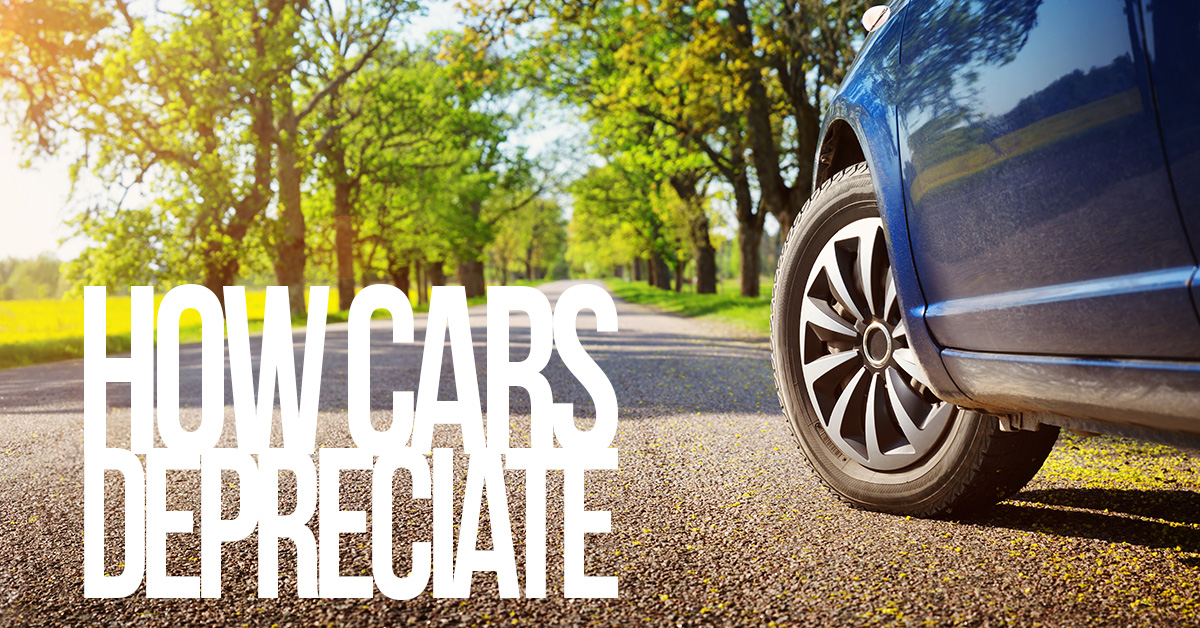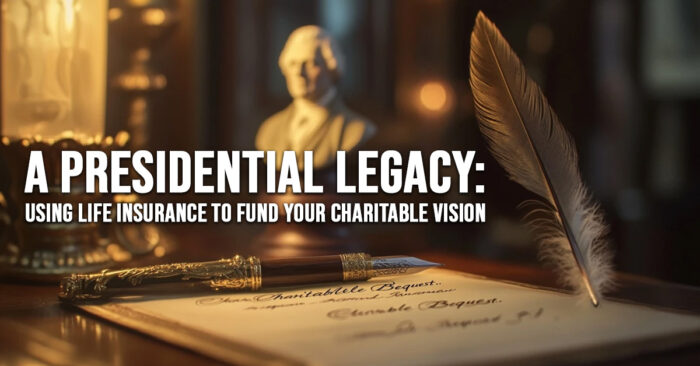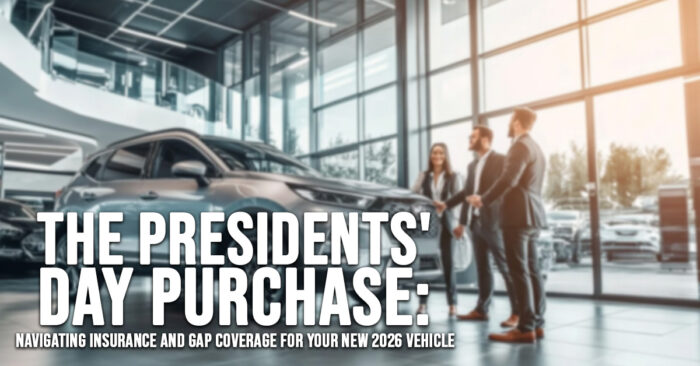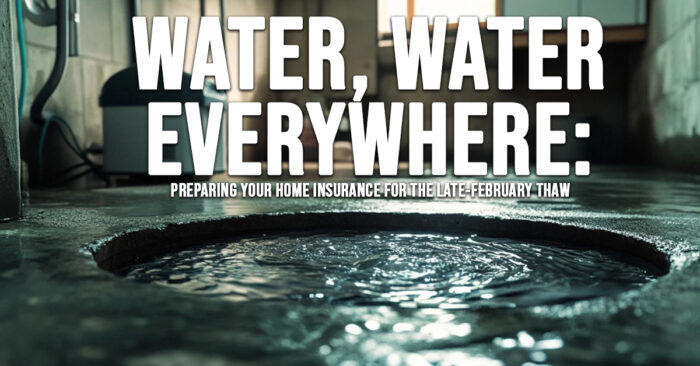How Cars Depreciate

How Cars Depreciate
With few exceptions, automobiles depreciate immediately upon their initial sale. Depreciation is a financial term referring to its loss of value over time. While some collectible or limited edition vehicles may better maintain or even increase in value, for the most part, all cars produced will experience depreciation.
This depreciation is not insignificant. Rough estimates place the immediate depreciation of a vehicle at 20-25% once it is driven off the new car lot and upwards of 50% by year five. That means that this shiny new car will be worth half of its purchase price in just five years of use.
Is there anything one can do to stop or slow the depreciation of your vehicle? Yes, you can minimize how much value your car loses each year by taking the following steps.
Buy a Car That Has Historically Maintained Its Value
Cars depreciate at different rates based on type, year and model. Some models maintain their value better than others. Do the research necessary to determine vehicles that have held their value in the following years.
Buy Pre-Owned
Since a large chunk of depreciation takes place immediately upon a car’s initial sale, many believe in letting others absorb that initial loss. Instead of buying new, many will decide to purchase a one or two year-old pre-owned vehicle that still has the balance of its factory warranty in place.
Maintain It Properly
Keeping your car maintained properly is a big factor in keeping its value. This includes both mechanical and aesthetic care. Keep all records of all maintenance performed.
Keep Mileage to a Minimum
A big reason cars lose their value is the amount of miles that are put on them through the years. If you have two cars of the same year and model and one has 200,000 miles and the other has 50,000 miles, the car with fewer miles will have a significantly higher value, everything else being equal.
Taking good care of your car will help extend its life and pay off when you either want to sell or trade it in sometime in the future.
It is possible to have a car that is in exceptional condition insured for its real value as opposed to its book value. Many collectors and those with unique or custom vehicles do just that.
Contact one of our independent car insurance professionals to learn more. Whether your car is unique or not, we can help make sure you and your car are properly protected. Contact us for a no obligation insurance review and price quote today.
Do you have questions about your insurance? Find an insurance agent near you with our Agent Finder
Search All Blogs
Search All Blogs
Read More Blogs
New Life, New Responsibility: Why a February Arrival Means Updating Your Policy
Welcoming a new family member this February? It’s time to move life insurance to the top of your to-do list to ensure your child’s future is secure.
Delivering Love: The Insurance Risks of Valentine’s Week Gig Work
Delivering flowers or chocolates for extra cash this Valentine’s? Make sure your car is actually insured for delivery work before you hit the road.
Tax Prep & Protection: Ensuring Your Home Office is Fully Insured for 2026
Prepping your taxes? Don’t forget to check your home office insurance. Your standard policy might not cover your professional gear or liability.
More Than Just a Sale: The Fascinating Evolution of Presidents’ Day
Why is Presidents’ Day on a Monday? Explore the history, the politics, and the trivia behind our mid-February celebration of national leadership.
The Presidents’ Day Shutdown: Managing Risk During Holiday Closures and Sales
Closed for the holiday or open for a sale? A business guide to managing liability, employee pay, and property security during Presidents’ Day weekend.
A Presidential Legacy: Using Life Insurance to Fund Your Charitable Vision
What will your legacy be? Learn how to use life insurance to make a significant charitable impact this Presidents’ Day without depleting your current savings.
The Presidents’ Day Purchase: Navigating Insurance and Gap Coverage for Your New 2026 Vehicle
Buying a new car this Presidents’ Day? Make sure your insurance keeps up. Essential tips on Gap coverage and new vehicle replacement riders.
Water, Water Everywhere: Preparing Your Home Insurance for the Late-February Thaw
Is your basement ready for the thaw? Learn why standard home insurance doesn’t cover sump pump failure and how to add the right protection this February.
Beyond the Box of Chocolates: The Strange and Surprising History of Valentine’s Day
From Roman rituals to Victorian cards: Discover the bizarre and bloody history of how Valentine’s Day became the holiday we know today.
The Big Game Gamble: Managing Business Liability and Hosting Risks for Super Bowl LX
Is your business ready for the Big Game? Key tips on managing liquor liability, event safety, and employee productivity during Super Bowl weekend.









